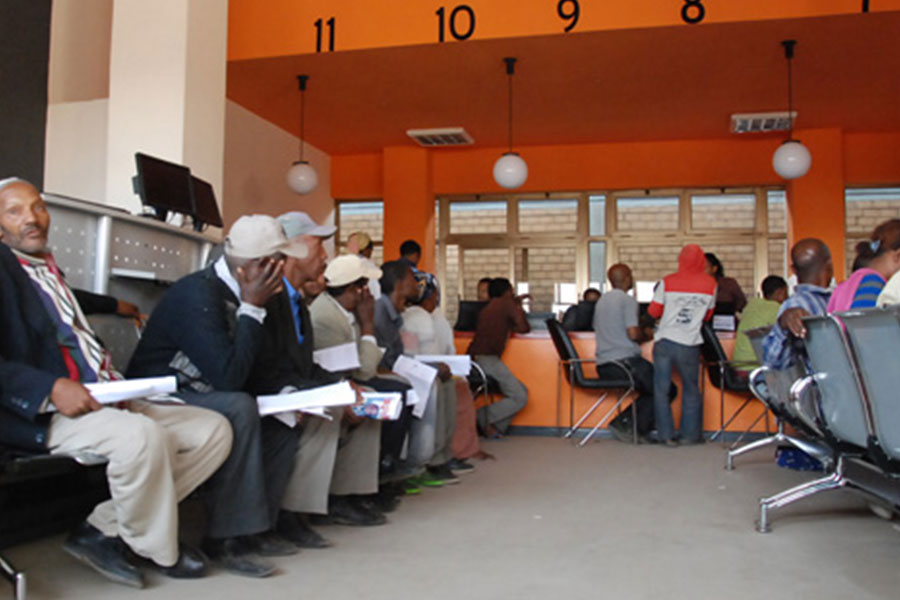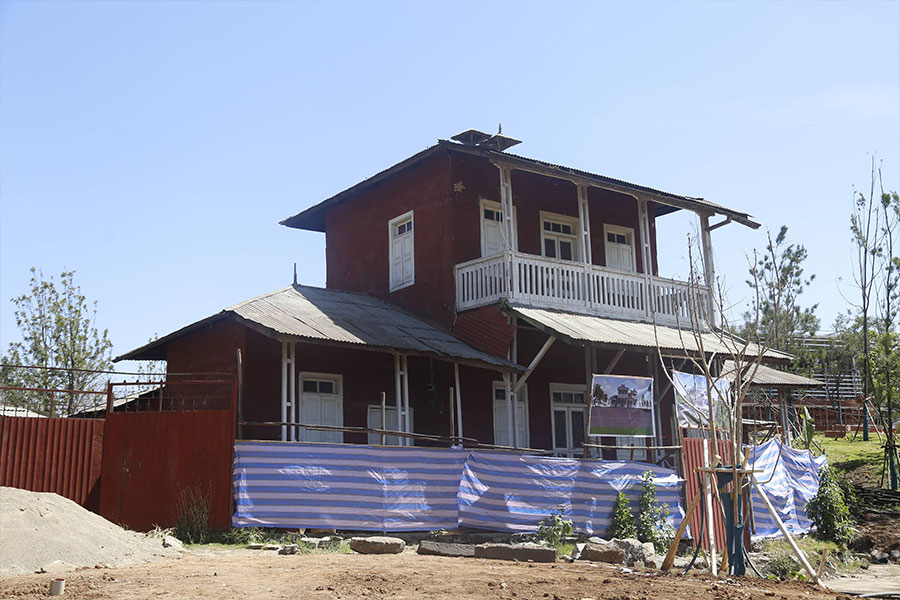
Fortune News | Jan 26,2019
The sight of kids splashing on the streets with uniforms, lovingly rushing from home to school, is unforgettable. The girls sparkled with white shirts, Twitter-blue sweaters and dark blue skirts. The boys wore yellow, proving Van Gogh right on his choice of colour. With our brown coats and trousers, notable were our exercise books stacked in our bags.
Our textbooks were as exciting as our teachers and the ambience of school, especially for the young. However, our school’s radio was exceptional.
It was grey coloured, with very visible speakers making up for most of the radio. Its mere sight in the school compound was exhilarating on its own. Unfortunately, it was supposed to be employed in teaching twice a week. But its battery would often die, and we would rarely get to be taught using it. Thus, no earthly word is out there to express how we would be happy if the radio turned up at the classroom.
Technology does not answer all the questions of inequality and lack of education. But it can present several opportunities.
When my mother bought a radio, I was dumbfounded by the majestic appearance of it in our living room. It was rarely turned on considering that it was only battery-powered. Usually, it served to deliver local news. But I soon found my way to it, and it served as good a source of education as that of the formal one at school.
This was the scarcity that made learning nearly impossible; not just a matter of one person working hard or studying long.
I remember vividly once on the news a school principal, somewhere in rural Ethiopia, bitterly complaining about the scarcity-cum-absence of textbooks in his school to a visiting team of high-ranking government officials. It was in the 1980s. One of the officials asked him how the school coped with the problem.
He unswervingly responded that he has a pecking order. What may be available is distributed first to the elder boys, then what is left to the small boys; and if there are leftovers, they are circulated among the girls.
Sad but true. The only times the girls had to deal with books in rural areas – even today in some parts of the country – was perhaps when they took the weight off their feet of a small brother.
Technology does not answer all the questions of inequality and lack of education. But it can present several opportunities. Last week, the Education Ministry specified how national exams would be given through computer tablets for high school seniors and how they make tabulating easy. Hopefully, this is just the start of the government using digital technology in the education sector.
Our values and norms in education, literacy, and public participation are always challenged by a shifting landscape of media and communications. The young play a decisive role in this.
One experiment through One Laptop per Child programme in Ethiopia in the early 2010s proved that kids could teach themselves how to read – to a degree - and then read to learn, showcasing technology as a way to change the world’s kids wherever they are. Over the course of several months, students figured out how to use the tablets and started learning ABCs and number systems in the absence of teachers.
There is no doubt about the value of technological devices in improving teaching and learning. From the point of the scarcity of textbooks or absence of quality school environment, access makes learning easier and more interesting for kids. It provides a level playing field.
Perhaps the whole education model has been misunderstood. It may be a waste of time to spend millions, if not billions, of dollars building curricula, school buildings and paying teachers. What we need may be to give each child a tablet, and they will take it from there.
PUBLISHED ON
Jan 03,2021 [ VOL
21 , NO
1079]


Fortune News | Jan 26,2019

Life Matters | Dec 26,2020

Radar | Dec 05,2020

Viewpoints | Feb 17,2024

Life Matters | Jan 01,2022

Fortune News | Jan 29,2022

Fortune News | Sep 02,2023

Life Matters | Aug 07,2021

Life Matters | Dec 07,2024

Radar | Nov 16,2019

Dec 22 , 2024 . By TIZITA SHEWAFERAW
Charged with transforming colossal state-owned enterprises into modern and competitiv...

Aug 18 , 2024 . By AKSAH ITALO
Although predictable Yonas Zerihun's job in the ride-hailing service is not immune to...

Jul 28 , 2024 . By TIZITA SHEWAFERAW
Unhabitual, perhaps too many, Samuel Gebreyohannes, 38, used to occasionally enjoy a couple of beers at breakfast. However, he recently swit...

Jul 13 , 2024 . By AKSAH ITALO
Investors who rely on tractors, trucks, and field vehicles for commuting, transporting commodities, and f...

Jul 5 , 2025
Six years ago, Ethiopia was the darling of international liberal commentators. A year...

Jun 28 , 2025
Meseret Damtie, the assertive auditor general, has never been shy about naming names...

Jun 21 , 2025
A well-worn adage says, “Budget is not destiny, but it is direction.” Examining t...

Jun 14 , 2025
Yet again, the Horn of Africa is bracing for trouble. A region already frayed by wars...